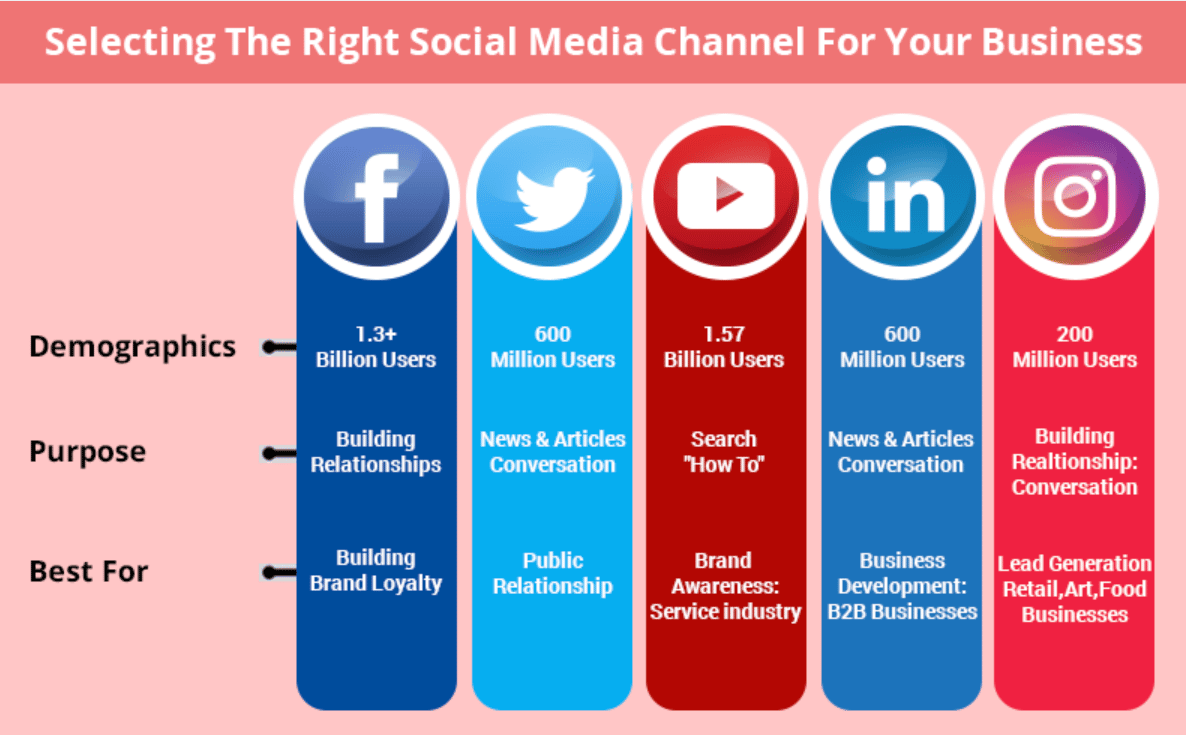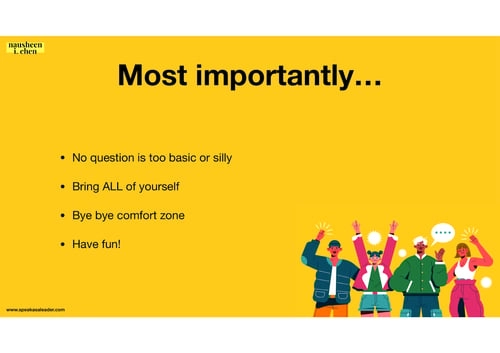
If you think branding and marketing are the same thing or want to know the difference between them then this content is for you, take a look at what’s the difference between branding and marketing? Branding and marketing are two distinct but interconnected strategies that businesses use to build relationships with consumers and increase sales. While they share some similarities and work towards a common goal, they are not interchangeable terms. Understanding the difference between branding and marketing is crucial for executing effective campaigns and fostering long-term customer loyalty.
What is Branding?
Branding is the practice of shaping a company’s identity to distinguish itself from competitors. It involves creating a unique image, personality, and narrative that resonates with your target audience. Branding encompasses various elements, including:
– Visual Identity (logo, color scheme, fonts)
– Brand Voice and Tone
– Brand Values and Mission
– Brand Positioning and Messaging
– Brand Experience (how customers perceive and interact with your brand)
The primary goal of branding is to establish an emotional connection with customers, build brand recognition, and foster long-term loyalty. Effective branding helps customers understand what your company stands for and why they should choose you over competitors.
Examples of Successful Branding:
– Nike’s “Just Do It” slogan and the iconic swoosh logo represent the brand’s core values of inspiration, athleticism, and perseverance.
– Coca-Cola’s branding establishes deep emotional connections and a sense of tradition, making it an indispensable part of life’s happiest moments.

What is Marketing?
Marketing is the set of tactics, processes, and strategies used to promote a business, drive sales, and engage with customers. It involves various activities, such as:
– Market Research
– Advertising (digital, print, broadcast, etc.)
– Content Marketing
– Social Media Marketing
– Email Marketing
– Search Engine Optimization (SEO)
– Public Relations
The primary goal of marketing is to increase brand awareness, generate leads, and ultimately convert those leads into customers. Marketing efforts are often short-term and focused on specific campaigns or product launches.
Examples of Successful Marketing Campaigns:
– Nike’s “Find Your Greatness” campaign empowered ordinary people to chase their personal achievements, aligning with the brand’s message of pushing for excellence.
– Coca-Cola’s “Share a Coke” campaign allowed customers to enjoy personalized Coca-Cola bottles with their names, creating a more personal and emotional experience.
Key Differences Between Branding and Marketing:
1. Purpose: Branding creates an identity, while marketing promotes products or services.
2. Timeframe: Branding is a long-term strategy, while marketing involves short-term campaigns.
3. Focus: Branding focuses on building emotional connections and loyalty, while marketing aims to drive sales and conversions.
4. Approach: Branding is more creative and focused on shaping perceptions, while marketing is more logical and focused on persuasion.
5. Sequence: Branding should precede marketing efforts, as it provides the foundation and direction for marketing strategies.

Branding and Marketing Work Together
While branding and marketing are distinct concepts, they work together to support a business’s overall success. Branding provides the foundation and direction for marketing efforts, ensuring that all campaigns align with the company’s identity and values. Conversely, effective marketing helps increase brand awareness and reinforces the brand’s message and positioning.
A strong brand identity makes marketing efforts more impactful and memorable, while consistent marketing reinforces the brand’s desired perception in the minds of customers. The most successful businesses excel at both branding and marketing, creating a cohesive and compelling brand experience that resonates with their target audience.
In conclusion, understanding the distinction between branding and marketing is essential for businesses to effectively communicate their value proposition, build strong brand equity, and drive sustainable growth. While branding focuses on shaping a company’s identity and fostering emotional connections, marketing involves the tactical execution of campaigns to promote products or services and drive sales. By aligning branding and marketing efforts, businesses can create a cohesive and compelling brand experience that resonates with their target audience and sets them apart from competitors.
Related Content
Why is branding important for a business?
Resource



